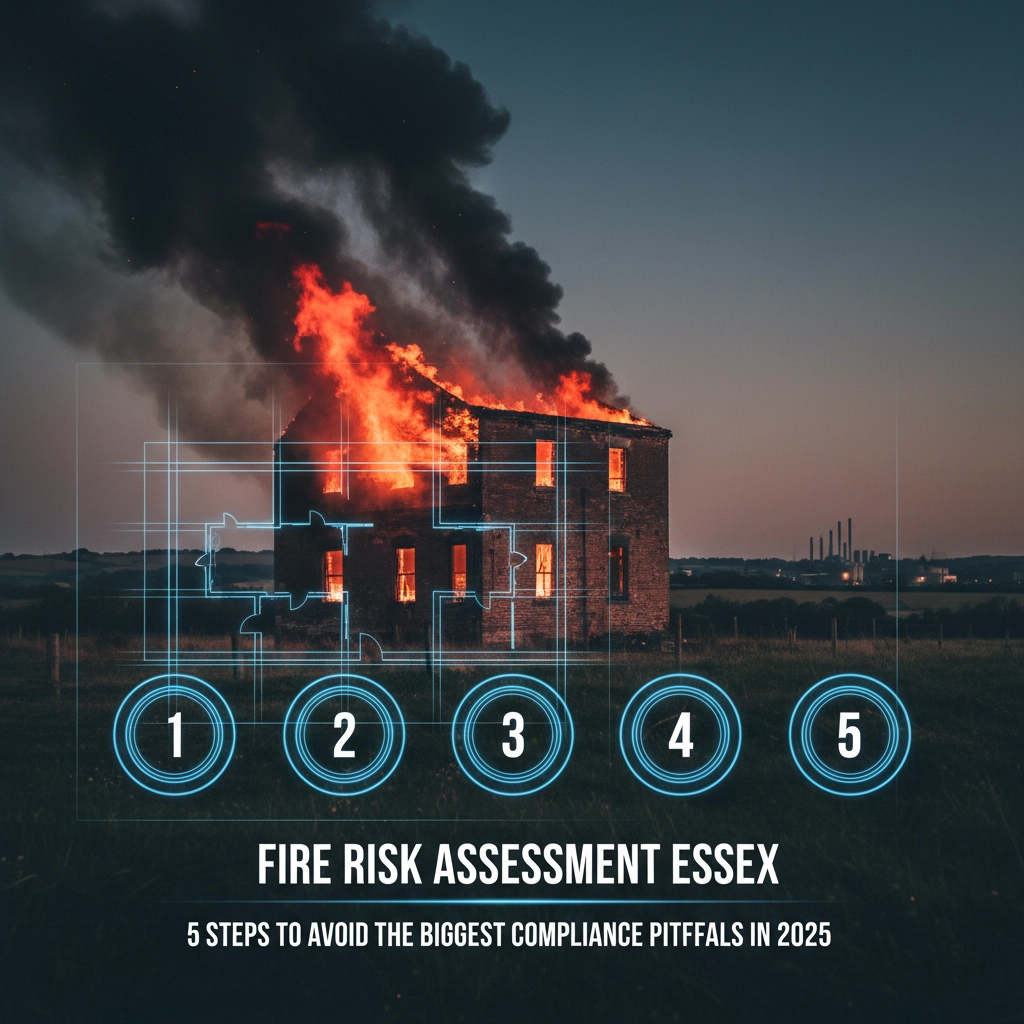Can I go home if it’s too hot at work?
Since starting my career in health and safety, I have been asked this question at least once every year: Can I go home if it’s too hot at work? After all, it’s common for schools to shut in the winter and roads to close due to the tiniest amounts of snow, but what about when the UK finally gets some summer sunshine?
The UK is experiencing increasing temperatures, with its hottest years (on record) occurring since 2002. In 2022, temperatures exceeding 40°C led to a 6.2% increase in deaths compared to the previous five years; the most significant increase was among the over-65 age group and vulnerable people, but under-65 deaths increased dramatically, too.
The Met Office anticipates a 30 times higher likelihood of repeat heatwaves in the UK. Temperatures will continue to increase year on year, which could lead to negative consequences for your employees’ health.
The Health and Safety Legislation
The legislation sets out minimum work temperatures but doesn’t state the upper-temperature limits; all it says is that the employer must ensure the workplace temperature is suitable. Now, if you’ve ever worked in a building with other people, you’ll know that this is very subjective because some people feel heat and cold more than others.
The piece of legislation that everyone should refer to is The Workplace (Health, Safety and Welfare) Regulations 1992, but there is no upper-temperature limit set. So, let’s try to demystify the regulations and give you the best guidance possible to help you and your employer manage the upcoming heat wave.
Different bodies, such as the Trade Union Congress (TUC), have made some attempts to say that a maximum temperature of 30 degrees Celsius should be the maximum temperature inside a workplace (not outside) and that the ideal temperature is 24 degrees Celsius.
The Chartered Institute of Building Engineers states that the temperature should vary according to the type of work someone is doing: Where a job is manual, such as in a factory, it should be a minimum of 18 degrees Celsius, and an office should be 20 degrees Celsius because it is less active. Should the temperature be higher, it doesn’t mean that you can leave work.
So, in summary, there is nothing conclusive or confirmed, but don’t despair- keep reading.
Thermal Comfort Factors
Other factors can affect thermal comfort, such as radiant temperatures from equipment, heat sources, humidity, air movement, the physical nature of their job and clothing/ personal protective equipment.
You may need a specialist to carry out some of the measurements, but the most important thing is how it’s affecting the people working in the building.
The dangers of heat stress
Heat stress is a very real risk, and it can cause severe health effects such as
- heat exhaustion.
- fatigue.
- nausea
- giddiness.
- heat stroke.
- lack of attention, leading to mistakes.
- not being able to grip things properly due to sweat.
- and in some serious cases, death- very, very, very serious cases.
What can you do if your workplace is too hot?
- Speak to your manager about how hot it is in the office.
- Check out what people are wearing. If it’s hot, try wearing thin, loose layers of natural fabrics such as cotton. NB: Synthetic materials do not let the skin breathe and can cause a person to be hotter.
- Get fans and temporary Air Conditioning Units.
- Close blinds
- Drink lots of water, and avoid caffeine because it dehydrates you.
- Take breaks and go somewhere cooler if possible.
- Move your workstation to somewhere away from room heat sources, whether it be a window or a hot water pipe, etc.
- Rearrange shifts so people can work early mornings or later in the afternoon to avoid the day’s peak temperatures.
- Monitor the temperature and keep current on weather forecasts to plan ahead.
When is it too hot to work in the UK?
In summary, there is no maximum temperature, but if there is a thermal comfort issue in your workplace, please follow the advice above and speak to your employer.
Carry out a risk assessment and then implement practical control measures to improve thermal comfort.
The HSE has a really useful kit called the thermal comfort checklist, which is a helpful tool for employers to use to assess the level of thermal comfort in the workplace.
Can I go home if it’s too hot at work?
We help employers complete workplace thermal comfort checklists- please get in touch here





